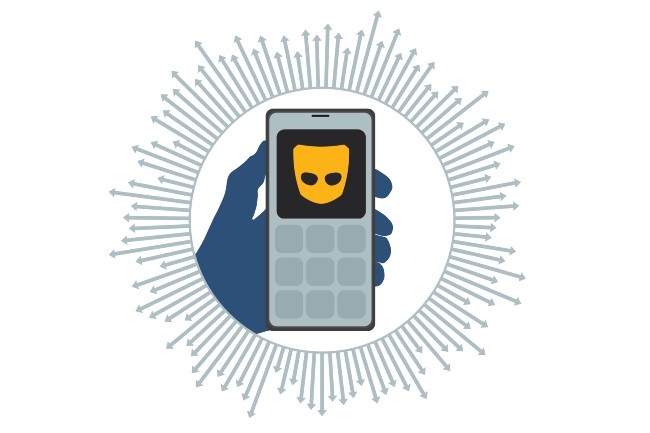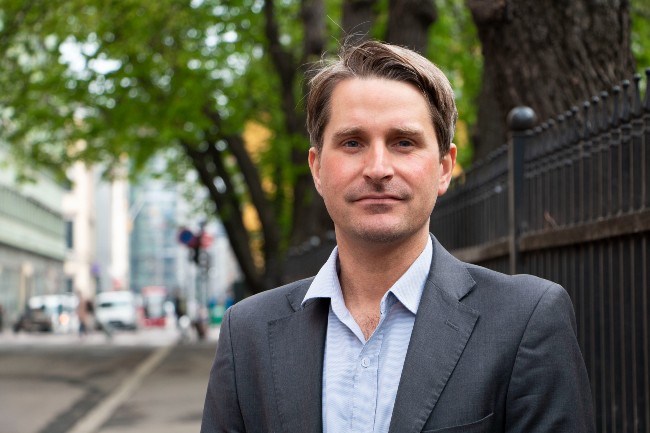Grindr is made to pay after a complaint from the Norwegian Consumer Council
1. juli, 2024
The dating app Grindr has been convicted in the Oslo District Court and must pay €5.65 million as a result of a Norwegian Consumer Council complaint from 2020. The complaint was filed as part of a report that uncovered that the company was sharing sensitive personal data with numerous commercial third parties. – A significant victory in the fight to protect consumer privacy and security online, in the view of the Council.
–The collection, sharing and use of personal data for commercial purposes is out of control – and is finally being cracked down on. We are satisfied that the court clearly affirms that Grindr’s sharing of sensitive information with third parties is illegal, director general Inger Lise Blyverket says.
–This sends a strong signal to all companies that engage in commercial surveillance. There are no blank cheques to collect and share personal data. We expect that the digital advertising industry, which profits from tracking and profiling consumers, makes comprehensive changes in order to protect consumers’ fundamental rights.
–There are many examples of how personal data is used for all manner of purposes, including to influence elections and to target advertising to individuals struggling with addictions and other vulnerabilities. Such information can also be used to target and persecute minority individuals and groups.

The Norwegian Consumer Council filed a complaint against Grindr in 2020, after uncovering how the app was collecting and sharing personal data about its users with various commercial third parties, several of which reserved the right to share the information onward with potentially thousands of other companies, for the main purpose of targeting advertising.
Both the Norwegian Data Protection Authority (Datatilsynet) and the Norwegian Privacy Appeals Board (Personvernnemda) found the company in breach of the General Data Protection Regulation (GDPR) and levied a fine of 65 million NOK (€5.65 million, $6.1 million) against Grindr. The Oslo District Court upheld the fine.
The Norwegian Government has launched an inguiry about the possibility to enact a national ban of surveillance-based advertising. The Grindr case shows the importance and urgency of making structural changes to an industry that profits from commercial surveillance.

Øyvind H. Kaldestad
Kommunikasjonsrådgiver – digitale rettigheter og strøm


